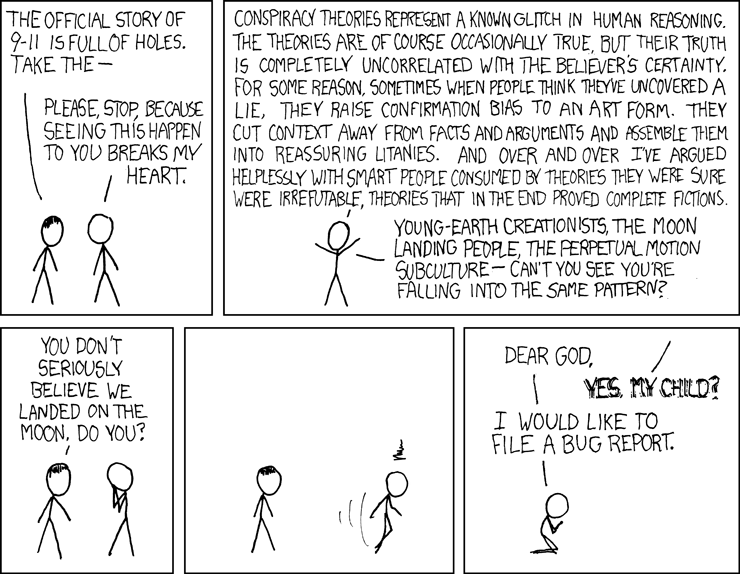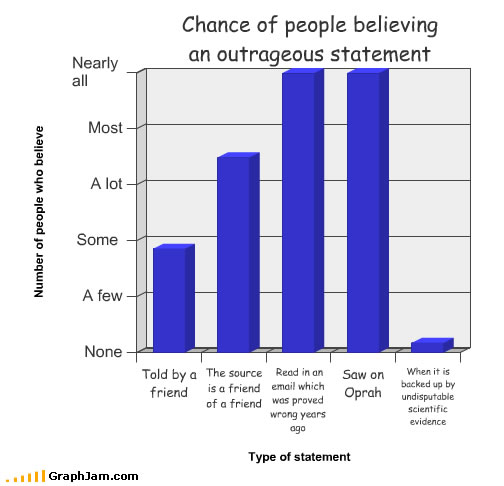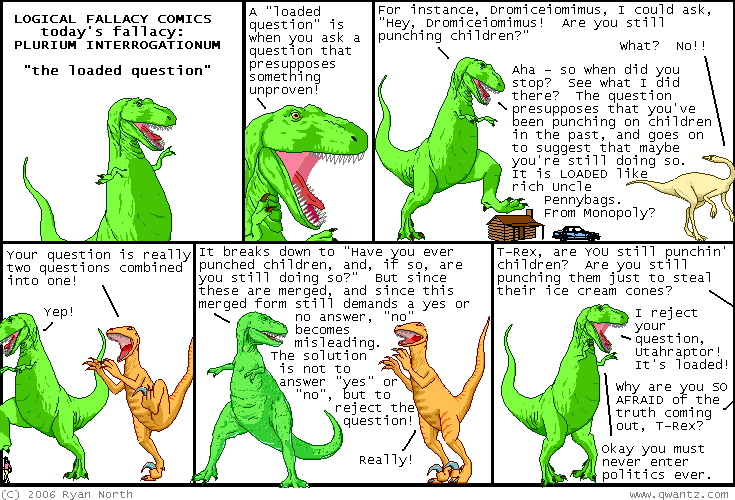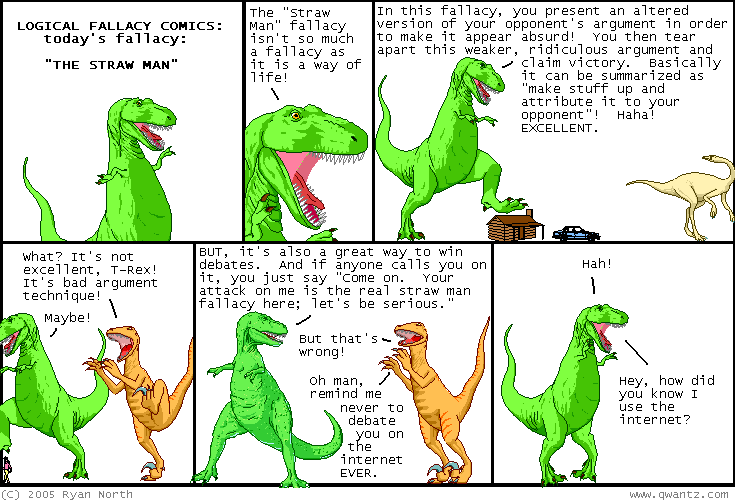Due Date: the beginning of class on Monday, December 7th, 2009
Worth: 5% of final grade
Length/Format: Papers must be typed, and must be between 300-600 words long. Provide a word count on the first page of the paper. (Most programs like Microsoft Word & WordPerfect have automatic word counts.)
Assignment:1) Pick an article from a newspaper, magazine, or journal in which an author presents an argument for a particular position. I will also provide some
links to potential articles at the course website. You are free to choose any article on any topic you want, but you must show Sean your article by Monday, November 30th, for approval. The main requirement is that the author of the article must be presenting an argument. One place to look for such articles is the Opinion page of a newspaper. Here’s a short list of some other good sources online:
(for even more sources, check out the left-hand column of
Arts & Letters Daily)
2) In the essay, first briefly explain the article’s argument in your own words. What is the position that the author is arguing for? What are the reasons the author offers as evidence for her or his conclusion? What type of argument does the author provide? In other words, provide a brief summary of the argument.
NOTE: This part of your paper shouldn’t be very long. I recommend making this about one paragraph of your paper.3) In the essay, then evaluate the article’s argument. Overall, is this a good or a bad argument? Why or why not? Check each premise: is each premise true? Or is it false? Questionable? (Do research if you have to in order to determine whether the author’s claims are true.) Then check the structure of the argument. Do the premises provide enough rational support for the conclusion? If you are criticizing the article’s argument, be sure to consider potential responses that the author might offer, and explain why these responses don’t work. If you are defending the article’s argument, be sure to consider and respond to objections.
NOTE: This should be the main part of your paper. Focus most of your paper on evaluating the argument.4) Attach a copy of the article to your paper when you hand it in. (Save trees! Print it on few pages!)
 TIP: It’s easier to write this paper on an article with a BAD argument. Try finding a poorly-reasoned article!
TIP: It’s easier to write this paper on an article with a BAD argument. Try finding a poorly-reasoned article!
 ctively seek out sources that you disagree with. We tend to surround ourselves with like-minded people and consume like-minded media. This hurts our chances of discovering that we've made a mistake. In effect, it puts up a wall of rationalization around our preexisting beliefs to protect them from any countervailing evidence.
ctively seek out sources that you disagree with. We tend to surround ourselves with like-minded people and consume like-minded media. This hurts our chances of discovering that we've made a mistake. In effect, it puts up a wall of rationalization around our preexisting beliefs to protect them from any countervailing evidence.










